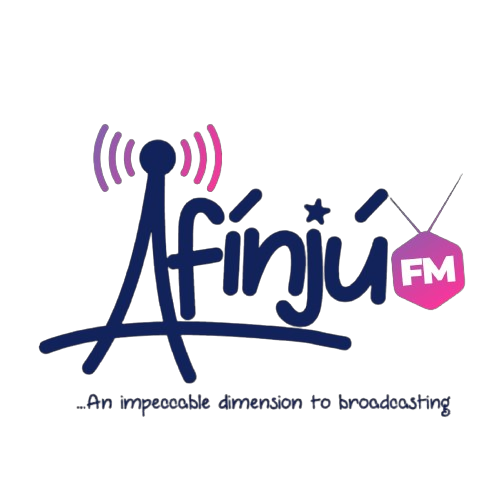Speaking during an appearance before a joint committee on aviation, Keyamo highlighted delays that have plagued the project for years, citing inadequate funding and unresolved community issues as major setbacks.
He recalled that N45 billion was initially allocated for the project during President Olusegun Obasanjo’s administration, while 90 billion naira was appropriated during the 9th Assembly.
However, only N30 billion was released by the previous government, according to Keyamo leading to stalled progress, adding that contractors have left the site.
The minister also addressed the issue of cost variations introduced by contractors, which have caused further delays.
Read Also: World Bank bans two Nigerian firms, CEO over corruption
He disclosed that the contractors have proposed a variation of N532 billion up from N90 billion for over two years, with President Bola Tinubu expressing displeasure over variations, describing it as an avenue for potential fraud.
Keyamo asserts that he will not accept what he called unreasonable variations, saying the option now is to invite fresh bids for the second runway in Abuja.
He further said the project needs to be completed by the end of this administration, and it cannot be continued under such unjustified conditions.
Meanwhile, a member of the Senate Committee on Aviation queried Keyamo over the exclusion of the N36 billion owed to former workers of the defunct Nigeria Airways in the Ministry’s 2025 budget.
In response, Keyamo clarified that the responsibility for the payment has been shifted to the Ministry of Finance, as the funds are not allocated for capital projects.
Regarding establishing Aerospace Universities across the six geopolitical zones, the Minister disagreed with committee members who suggested halting the initiative due to the presence of the Nigeria College of Aviation Technology, NCAT in Zaria, Kaduna State.
Presenting the Ministry’s 2025 budget proposal, the Aviation Minister disclosed a total allocation of N71.13 billion, out of which N69.2 billion is earmarked for capital projects, 1.147 billion naira for personnel costs, and 745.7 million naira for overhead expenditure.


